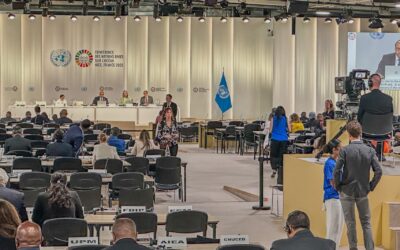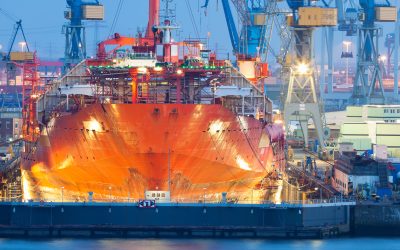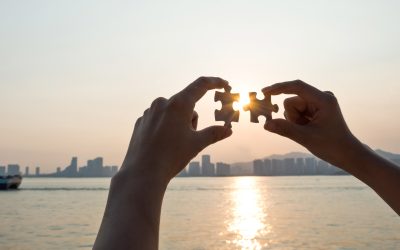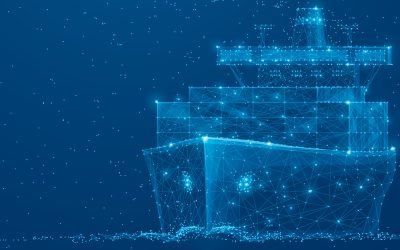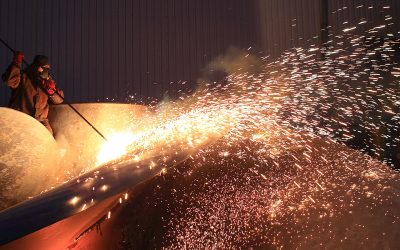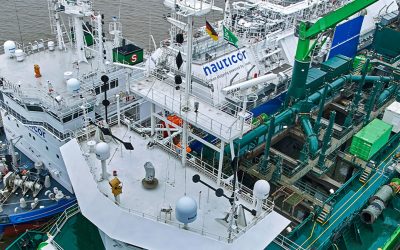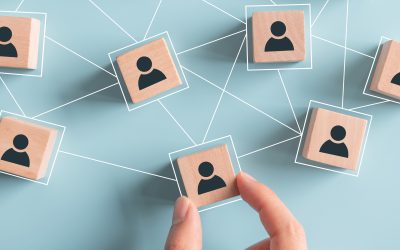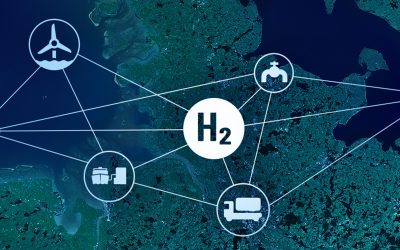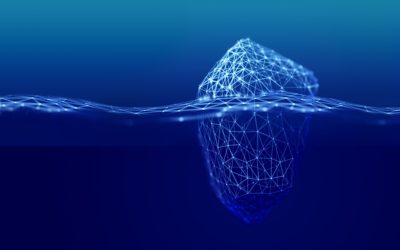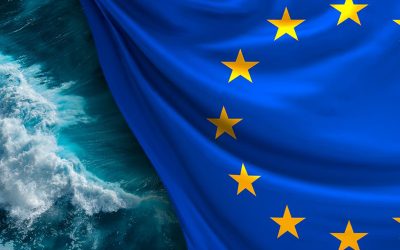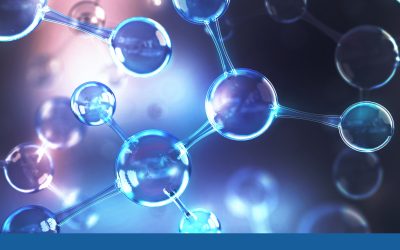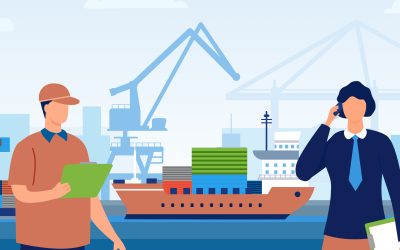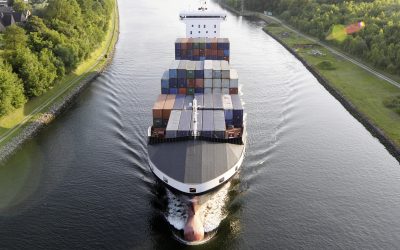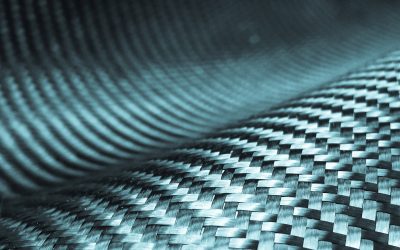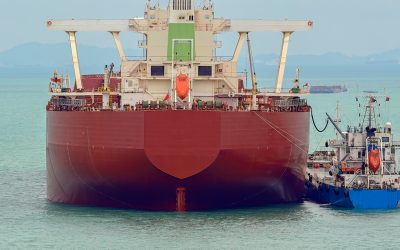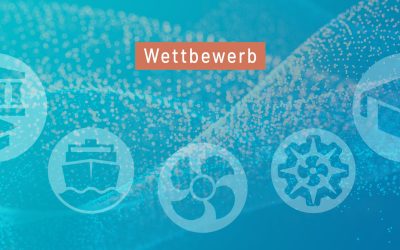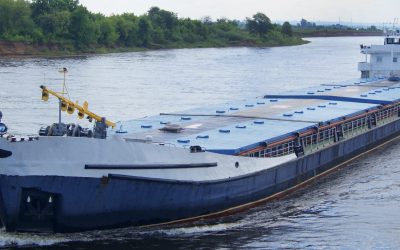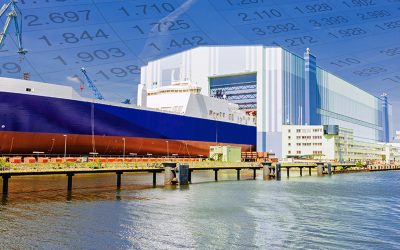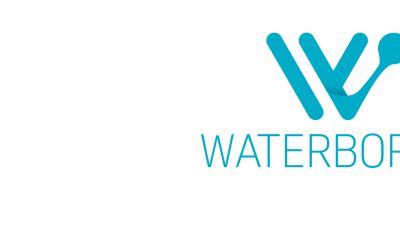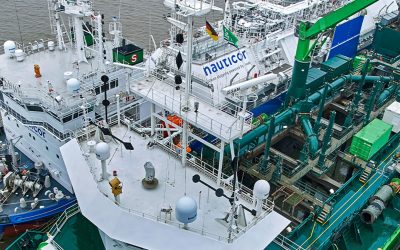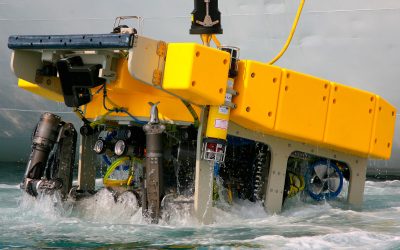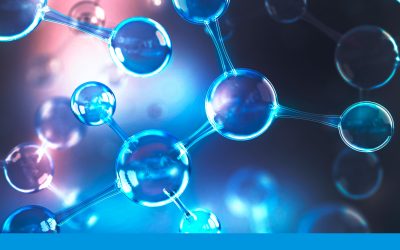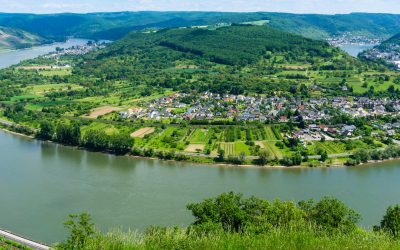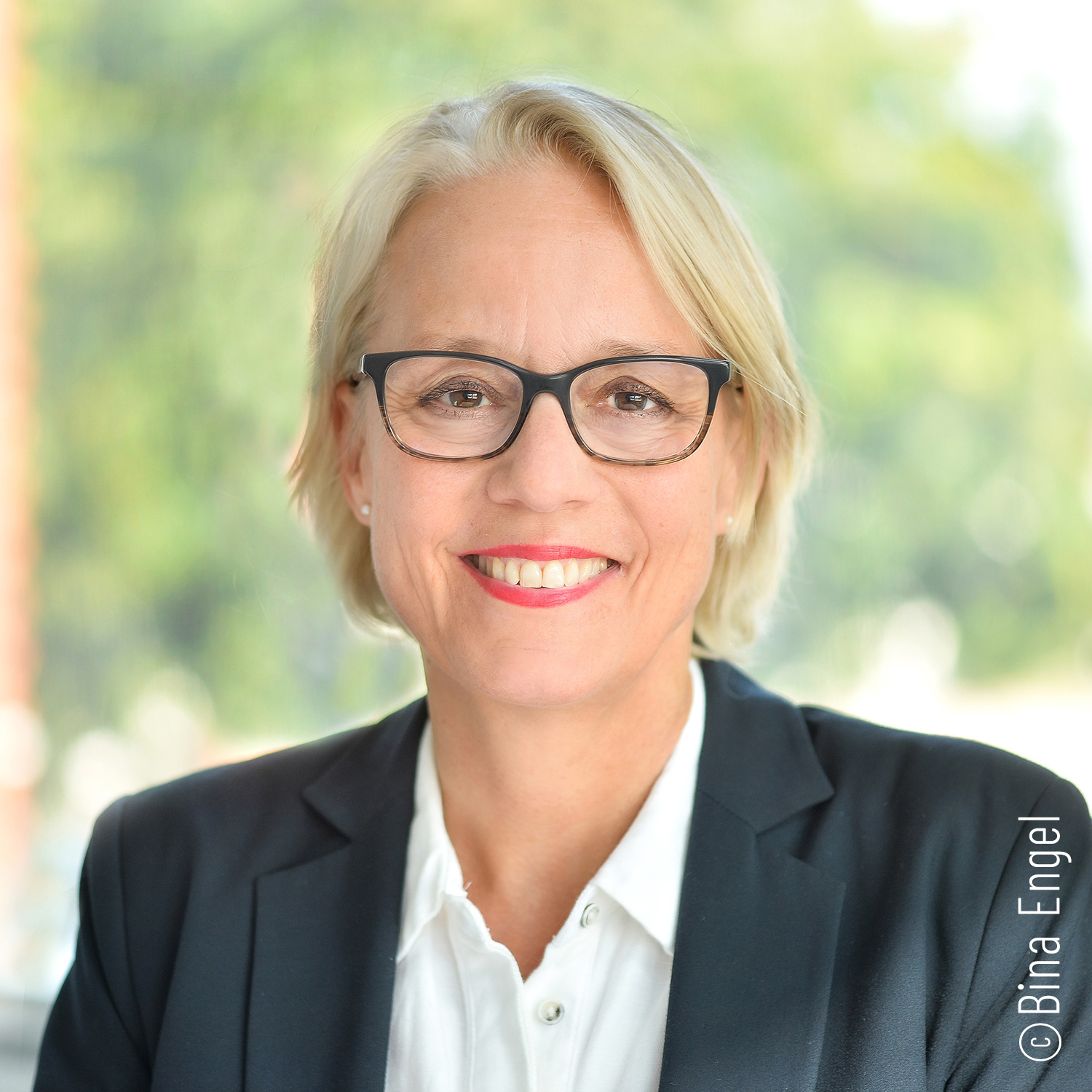
Dr. Regine Klose-Wolf
Head of Communications
Phone: +49 40 9999 698 - 51
E-Mail: Klose-Wolf[at]dmz-maritim.de
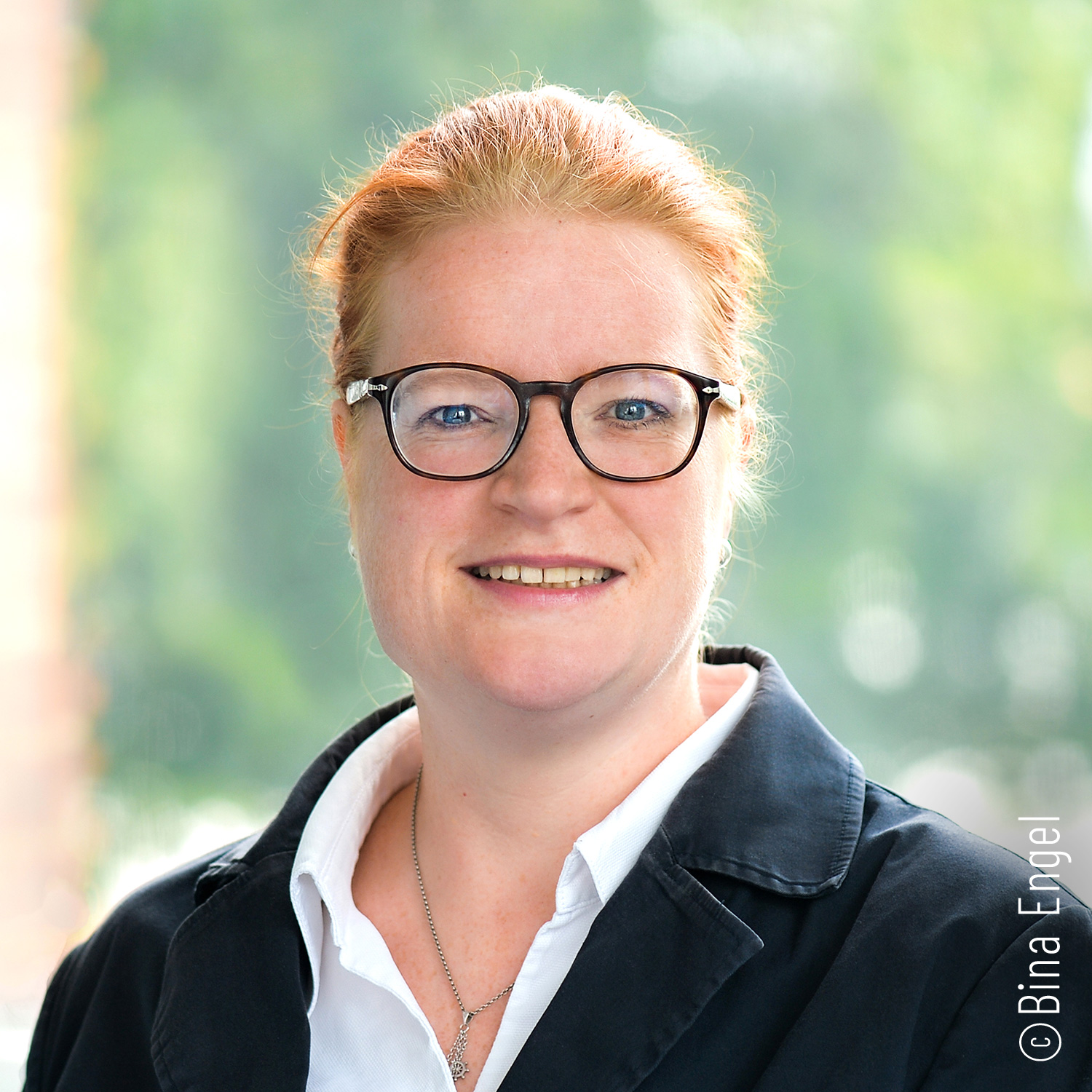
Capt. Runa Jörgens
Head of Issues and Projects
Phone: +49 40 9999 698 - 71
E-Mail: Joergens[at]dmz-maritim.de
The fourth Maritime Research Forum took place on the Neustadt campus of the HSB City University of Applied Sciences. The forum and the approximately 100 participants focused on the question of how the oceans can be used in a more sustainable and climate-friendly way in the future. The centrality of the topic is indicated by the fact that the oceans have increasingly become the focus of climate research in recent years, and not without reason. The oceans absorb 90% of the additional heat produced by human activities and 25% of the CO2 emitted into the atmosphere, thus massively mitigating the effects of climate change. Yet this does not remain without consequences for the oceans. Marine organisms are coming under increasing pressure, global sea levels are rising, sea ice in the Arctic and Antarctic is melting and entire ecosystems, such as tropical coral reefs, are in danger of being lost in the coming decades. In the face of these developments, important services provided by the oceans for humanity are also at stake – oceans serve as a transport route, a resource for medicines, as a source of food or even as a leisure resource. Young researchers and representatives of the business world therefore discussed solutions together at the Maritime Research Forum. What innovative ideas are there in research? And what contribution can the maritime sector make to marine and climate protection while taking economic activity and competitiveness into account?
Opening address
In her opening address, Prof. Dr Karin Luckey, dean of the HSB City University of Applied Sciences, made it clear that the sustainable use of the oceans as a transport route and resource is a major challenge for technology, business and society that can only be overcome together and in constructive dialogue. Young researchers, students and industrial trainees have a key role to play, because this mammoth task will only be successfully completed with their ideas, their motivation and their ability to think and follow unusual paths.
Dr Claudia Schilling, senator for science and ports, emphasised the central role of Bremen in the upcoming change process in her opening address. No other location in Germany offers such a wide variety of maritime and marine research disciplines as Bremen, with its Hanseatic tradition and location on the Weser river. In addition, the maritime industry is also on a good path towards sustainability, as shown by the Bremen Port Development Concept 2035, which was designed in accordance with the Sustainable Development Goals of the United Nations. This makes the city an ideal location for this year’s forum by the German Maritime Centre, of which Bremen is also a member.
Claus Brandt, managing director of the German Maritime Centre, welcomed the participants and especially the 19 scientists selected by the jury to present their projects in the World Café. Turning to the representatives of the business community, he said: “There are enough ideas on how to make the maritime economy more sustainable. But there is a problem with implementation. Without science, there is no progress towards sustainability. That is why we have created this dialogue format. Grasp the opportunity and start talking to the young researchers. Let their ideas inspire you.”
Keynotes
In the introductory keynote speeches, the participants got to know the focus topic of sustainability from two sides. As a representative of the maritime industry, Sebastian Westphal (managing director of the Business Unit Heavy Lift at Harren & Partner) described the overarching goal of climate neutrality from the perspective of a shipping firm. It can and wants to proceed faster along the road to climate neutrality. The targets it has set would go well beyond those politically demanded. For example, the company wants to build exclusively climate-neutral ships from 2030 and invest at least 50% of its profits in research, development and new climate-friendly ships.
Dr Michèle Schaub from the Rostock Research Centre for Combustion Engines and Thermodynamics then presented the SimPleShip project, a simulation platform for digital total system analysis and energetic operational optimisation of complex passenger ships. The platform’s main feature is a digital twin of the ship, which maps all flows of electrical and thermal energy and thus reveals energy losses and optimisation potential even before construction.
World Café
Then the main part of the forum started – the World Café. At five thematic stations (Port & Hinterland, Detection, Ship Design/Optimisation, Marine Biology, Operational Shipping), the researchers presented their projects on posters and answered the participants’ questions. The participants were divided into five groups and moved from one station to the next every half hour. This ensured that each participant could learn about and discuss each project in a group that was of manageable size.
At the individual stations, the presenters each had four minutes to report on their project in a compact form. All speakers used the short time with great dedication and with an enthusiasm that also spilled over to the audience. Again and again, they asked follow-up questions, as in the case of the project by Dr-Ing. Daniel-André Dücker (Technical University of Munich). His research group has developed a swarm of autonomous underwater robots that coordinate with each other independently with the help of artificial intelligence and without human intervention. He had brought one of the shoebox-sized robots with him. “At any given time, there are about 10,000 cargo ships on the seas, each carrying up to 18,000 containers”, Dücker explained. “Containers can be lost due to accidents and storms. In the process, chemicals or radioactive material can also escape, and these may not remain on the water surface but sink into the water column. Our swarm of underwater robots can now be used to analyse the distribution of these hazardous substances and automatically find the path to the highest concentration and thus to the source.” In the Q&A sessions, the participants were particularly interested in the applications of the robots and whether they can, for example, also be used in an oil spill. “Absolutely”, says Dücker. “The swarm then automatically moves through the oil slick to the edges as efficiently as possible, allowing us to accurately measure its extent.”
Time and again, the lectures also prompted surprise among participants from the fields of business and public administration. Constanze Ugé (Hamburg University of Technology), for example, presented her project for on-board wave determination of ocean waves. Some of the environmental data required for this would still be collected visually by the nautical officers. But the human eye is not particularly reliable: In high swells, it often misjudges wave height by more than one metre and wave length by several metres. A sensor system that combines several environmental parameters, some of which are already available on board, could provide a remedy. According to the scientist, a prototypical system that implements this sensor fusion only costs 200 euros. This cost figure demonstrated to participants that operational ship management can already be massively improved with extremely little effort and at low cost.
Sophie Steinhausen (University of Hamburg) told the participants how algae can be used to reduce methane emissions from cattle and thus produce climate-friendly milk. Adding just 0.5% of the red alga Asparagopsis taxiformis to cows’ daily feed can reduce their emissions of methane, a gas that has an effect 28 times greater than CO2, by up to 99%. The halogenated hydrocarbon bromoform contained in this alga is responsible for this. Worldwide, research is already being carried out at full speed on the large-scale cultivation of the alga for the production of feed additives. By the way, the milk does not taste like fish after cows eat feed with the algal additive. However, there is another problem: the red alga is only found in tropical waters. The project is therefore examining the potential of native brown algae such as Dictyota dichotoma, which is also found in the North Sea. The laboratory tests by the Hamburg research group have been promising so far. Soon they want to start a series of trials with cattle in cooperation with some farmers.
The audience was enthusiastic about the multifaceted projects. Among other things, they learned what the fisheries of the future could look like (Thünen Institute Rostock) and how automated systems for aerial image analysis can be used to determine the size of seal populations on sandbanks and to detect plastic waste in the sea (Jade University of Applied Sciences Wilhelmshaven/Oldenburg/Elsfleth). They learned how to store containers more efficiently in seaports (TU Hamburg) and how shipping can be further automated, for example, in complex manoeuvres such as berthing and unberthing (Christian Albrechts University in Kiel). And they learned how fire-safe, bio-based fibre composites can be used in shipbuilding (Fraunhofer Institute IFAM Bremen). These were just a few of the innovative projects from the world of science. The fact that even bachelor’s students, who are still at the very beginning of their research careers, were able to convince participants of the merits of their ideas was particularly well received.
Final reflections
In the concluding keynote speech, Prof. Dr Thomas Pawlik (HSB City University of Applied Sciences) used striking maps and graphics to explain to all participants what ecosystem services the oceans provide for humanity and how central a transformation towards sustainable management is for their preservation. Using a world map created by the US geophysicist and oceanographer Athelstan F. Spilhaus, which depicts the original five oceans and their marginal seas as one coherent body of water and thus as one central world ocean, he made it clear that a change of perspective from land to sea is worthwhile.
Claus Brandt then bid farewell to the guests with a request: “Take the ideas you have learned about today out into the world.”
Background
The Maritime Research Forum, conceived by the German Maritime Centre, took place for the first time in 2018. It serves to facilitate direct dialogue between science and industry on future topics and new technologies (in the maritime sector). It is intended to give participants from science, business, politics and public administration an impression of the state of innovation in scientific maritime research.

